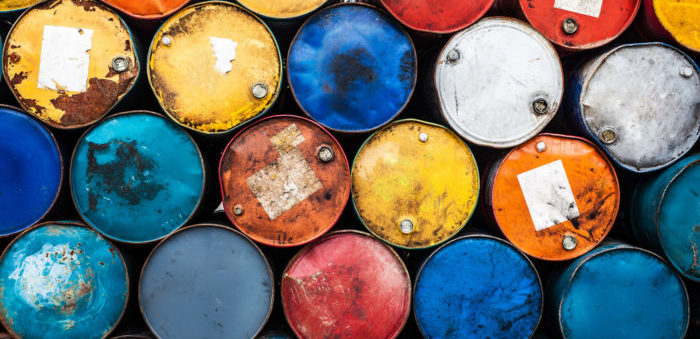Following a two-day meeting in Japan’s Osaka, the leaders of the Group of 20 major economies discussed a free trade environment, after talks some members described as difficult. The leaders noted that growth remained low, whereas risks were tilted to the downside as trade and geopolitical tensions have grown.
We strive to realise a free, fair, nondiscriminatory, transparent, predictable and stable trade and investment environment, and to keep our markets open.
… unanimously commented, stressing the need to resist protectionism.
Meanwhile, Japanese Prime Minister, Shinzo Abe, highlighted that G20 leaders have much in common; He noted that the G20 see eye to eye concerning fundamental principles backing a free trade system. He added that the participants should proceed to stronger actions to improve the dispute settlement system of the World Trade Organization (WTO).
Moreover, Japan, the Chair of the meetings, sought common ground between the US, which opposes language denouncing protectionism, and other nations seeking a stronger warning against trade tension.
In light of the US – China trade, has jolted markets and tested the resolve of G20 members to present a united front in averting a global recession. The EU and South American bloc Mercosur agreed a free trade treaty on Friday, committing to more open markets in defiance of the rising tide of protectionism.
European Commission President Jean-Claude Juncker, informed reporters that
This deal promotes our values and supports a multilateral, rules-based system
According to Reuters, Christine Lagarde, the managing director of the International Monetary Fund, alerted that the global economy had hit a ‘rough patch’ due to the trade conflicts, and urged G20 policymakers to reduce tariffs and other trade obstacles.
She continued that the resumption of trade discussions between the US and China is welcome, given that tariffs and unresolved issues carry a great deal of uncertainty about the future.






























































